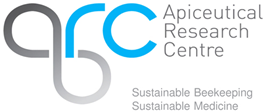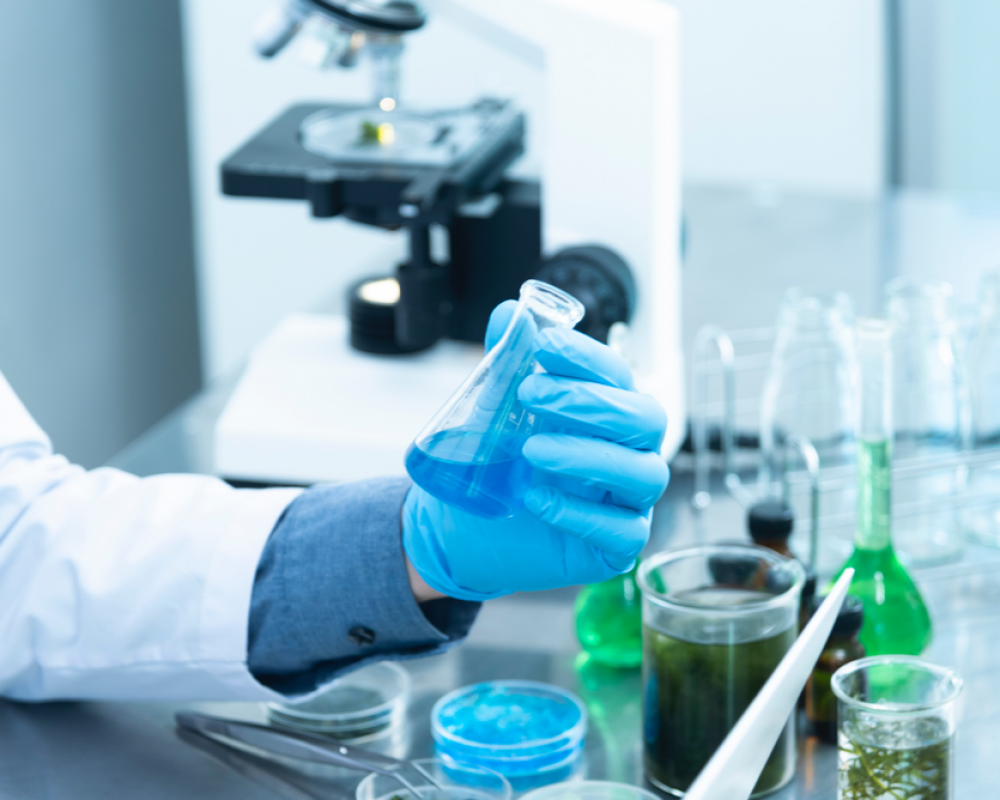
Bees fight bugs and win
A soothing gel, based on the glue used by bees to make their hives and embalm invaders, has been found to be effective in the treatment of mouth ulcers – with anti-microbial properties that could also help combat the increasingly antibiotic resistant superbug, MRSA.
Using anti-microbial bee glue to treat mouth ulcers and MRSA
The fascinating findings were made when researchers at the Biorenewables Development Centre (BDC) in York were commissioned to conduct rigorous scientific tests on the antimicrobial properties of the newly-developed gel containing propolis, a resinous mixture honey bees collect from tree buds and sap when constructing a hive.
For Hugo Fearnley, Business Development Director for the North Yorkshire-based Apiceutical Research Centre (ARC), set up by Bee Vital, who commissioned the research, the results confirmed his belief that sustainable, evidence-based medicines could be created from the products of the beehive.
We have long known about the medicinal properties of honey, propolis, bee venom, royal jelly, wax and beebread, but the research conducted by the BDC gives it yet more credibility, he said.
BDC Technologist, Dr Fiona Taylor, said: The product formulated by ARC aims to sooth pain and discomfort caused by mouth ulcers. This propolis-based product is also thought to possess antimicrobial properties, since mounting evidence shows correlations between mouth ulcers and certain oral dwelling bacteria. Fiona and the team were able to put these antimicrobial properties to the test in strict laboratory conditions based on the relevant British Standards. A number of different assay methods were tested to find the right set of conditions for determining the antimicrobial properties of the gel which we also compared to two market-leading products.
The propolis-based gel was tested against a range of mouth dwelling and mouth ulcer-associated bacterial strains including Staphylococcus aureus (methicillin resistant) MRSA, and three Streptococcus species, S. salivarius, S. anginosus, and S. mitis.
The results of these tests have given us real food for thought, said Hugo, who is a leading advocate of natural medicines. “We are still digesting the implications of the antimicrobial findings, but it is fair to say that this rigorous scientific study will inform our product development strategy as we move forward. The findings on MRSA are particularly interesting.
Not only has the BDC been able to test the antimicrobial properties of the propolis-based gel created by ARC, but it has done so at little cost the client. We have European Funding for almost 200 projects up to June 2015 and were able to use this for the ARC project. We are keen to hear from any other businesses who want to collaborate with us in developing the biorenewable side of their operations, or who want to expand into the bio-based market, Fiona added

